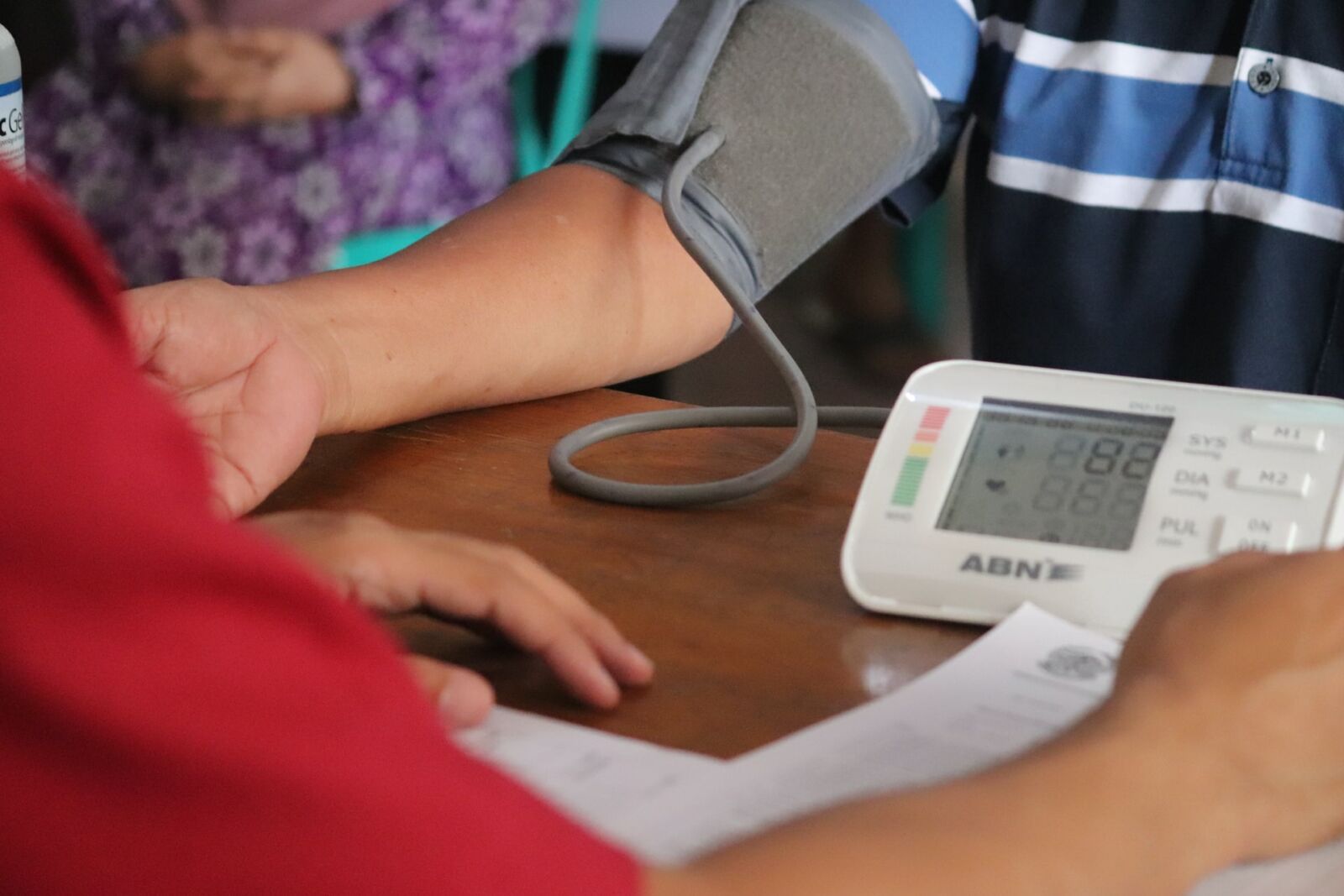Science pills
Territorial Care
Type 2 diabetes is associated with a risk of dementia: prevention is essential for cognitive health.
This cohort study identified hippuric acid as the only metabolite whose levels distinguish healthy people from frail ones.
This review of the scientific literature examines the pathophysiological aspects of hypertension in relation to cognitive decline, possible biomarkers that allow rapid diagnosis, and possible avenues for optimal clinical management.
Researchers from the epidemiology departments of Harvard University (Boston, U.S.) and the Erasmus University Rotterdam University (Netherlands) recently developed two algorithms in order to predict aging-related diseases (including dementia) by means of biological age.
The results of the study provide the very first accurate estimate of the prevalence of multi-morbidities in an elderly population affected by or at risk of chronic kidney disease (CKD), regardless of severity. High blood pressure and obesity are the most common combination in CKD and this suggests the need for close monitoring of the state of health in this group of patients.
Subjects receiving a vitamin D dose of 1000 IU/day do not have a benefit relative to fall risk in comparison with subjects receiving lower doses (200 IU/day).
A recent article assessed the state of health of a population of elderly persons with chronic diseases, through a tool for monitoring self-reported
The present study demonstrates how deprescribing one medication in elderly patients on antihypertensive polytherapy does not hinder the maintenance of adequate blood pressure
Study of gait, when referred to neurodegenerative diseases, might be used to evaluate cognitive progression of the disease.
Physical frailty in the elderly is connected to the dysregulation of two important macro-systems of the body: the metabolic system and the stress-responsive system.
 In un flash
In un flash Does working less hours, at equal pay, influence health outcomes?
In OECD countries (Organizatio…
Are there any contraindications for physical activity?
One of the pillars of lifestyl…













